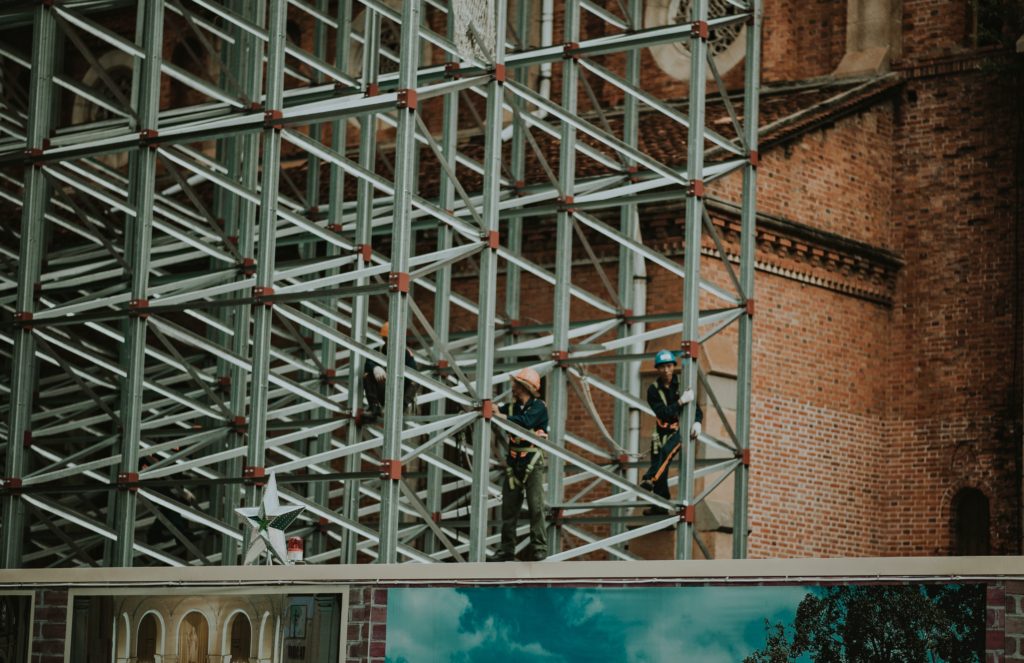Dec . 06, 2024 09:16 Back to list
Exploring Innovations in Concrete and Formwork Manufacturing Industries
The Importance of Concrete and Formwork Factories in Modern Construction
Concrete and formwork are essential components in the construction industry, playing a critical role in the development of infrastructure, buildings, and various structures. As urbanization increases and the demand for durable construction materials grows, concrete and formwork factories have become vital players in the supply chain. This article explores the significance of these factories, their processes, and their impact on the construction sector.
Understanding Concrete and Formwork
Concrete is a composite material composed of cement, aggregates, water, and sometimes chemical admixtures. It is known for its strength, durability, and versatility, making it a preferred choice for builders and architects alike. Formwork, on the other hand, refers to the temporary or permanent molds used to hold the concrete in place while it cures. The quality of formwork directly affects the finish and overall structural integrity of a concrete pour.
Role of Concrete Factories
Concrete factories are responsible for producing ready-mixed concrete (RMC), which is a mixture of various ingredients prepared in precise proportions. This ensures consistent quality and performance of the concrete used in construction projects. The advantages of ready-mixed concrete include
1. Time Efficiency With ready-mixed concrete, construction teams can save significant time, as they do not need to mix materials on-site. This allows for faster project timelines and reduced labor costs.
2. Quality Control Concrete factories are equipped with technology and skilled personnel to monitor the production process, ensuring that the concrete meets specific standards and specifications. This leads to higher quality products and reduces the likelihood of defects in the final construction.
3. Sustainability Many modern concrete factories are adopting sustainable practices by incorporating recycled materials and using energy-efficient processes. This approach supports eco-friendly construction practices, aligning with the growing trend towards sustainability in construction.
Formwork Solutions
Formwork factories specialize in producing the molds and support systems necessary for pouring concrete. These factories offer a variety of formwork systems such as traditional timber formwork, steel formwork, and modular formwork, each with distinct advantages.
concrete & formwork factories

1. Versatility Different projects require different types of formwork based on factors like the shape of the structure, the volume of concrete needed, and the construction timeline. Factories can design and manufacture custom formwork solutions to meet specific project needs.
2. Rapid Assembly Modern formwork systems are designed for quick assembly and disassembly. This not only speeds up the construction process but also reduces labor costs, as fewer workers are needed to set up and take down the forms.
3. Reusability Many formwork materials can be reused multiple times across various projects. This not only lowers project costs but also reduces waste, contributing to more sustainable construction practices.
Challenges Facing Concrete and Formwork Factories
Despite their importance, concrete and formwork factories face several challenges in today's construction landscape
1. Supply Chain Issues The construction industry has been grappling with supply chain disruptions, causing delays in the availability of raw materials and impacting production timelines. Factories must adapt to these challenges to maintain delivery schedules and meet project demands.
2. Technological Advancements With the rise of digital technology, including 3D printing and advanced modeling software, traditional methods of concrete mixing and formwork production are being challenged. Factories must innovate and integrate new technologies to stay competitive.
3. Regulatory Compliance Factories are required to adhere to stringent safety and environmental regulations. Compliance can be costly and time-consuming, but is essential for the long-term viability of the business.
Conclusion
Concrete and formwork factories are integral to the construction industry, providing essential materials and systems that contribute to the durability and integrity of structures. As the demand for construction continues to grow, these factories must navigate various challenges while embracing innovation and sustainability. By continually improving their processes and products, concrete and formwork factories will play a crucial role in shaping the future of construction, ensuring that it is efficient, sustainable, and of the highest quality.
-
Premium H20 Timber Beams | Durable Structural Solutions
NewsAug.05,2025
-
Premium Wall Formwork Solutions for Modern Construction
NewsAug.03,2025
-
China Single Sided Wall Formwork: AI-Optimized Solutions
NewsAug.02,2025
-
Premium Timber Beam H20 | Strong & Durable Construction
NewsJul.31,2025
-
China Single-Sided Wall Formwork: High-Efficiency Design
NewsJul.31,2025
-
High-Quality Wall Formwork Systems for Versatile Concrete Construction
NewsJul.30,2025